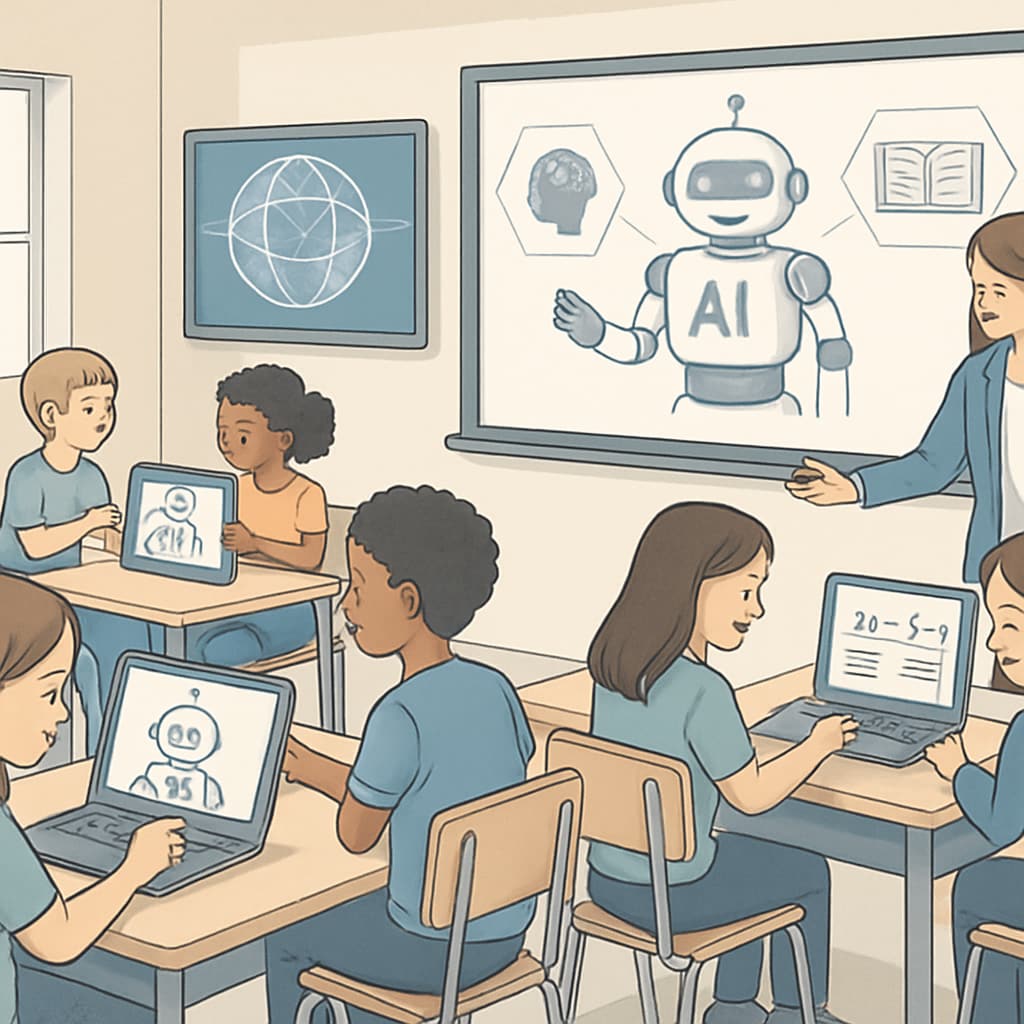As artificial intelligence (AI) continues to revolutionize our society, the traditional models of competitive exams for talent selection are increasingly outdated. The current K12 education system, which relies heavily on standardized assessments, fails to address the growing need for creativity, critical thinking, and adaptability in the AI era. This calls for an urgent reevaluation of the examination framework to ensure every student’s potential is recognized and nurtured.
Why the Current Competitive Exam Model Falls Short
The traditional competitive exam model emphasizes rote learning and memorization. While these skills were valuable in the past, they are becoming less relevant in the AI-driven world. Machines excel at repetitive tasks, making human skills like creativity, emotional intelligence, and problem-solving more crucial. However, the current system rarely assesses these attributes.
Moreover, competitive exams often create high-pressure environments that can harm students’ mental health. Studies show that exam-related stress can hinder learning and discourage students from exploring their unique talents. Furthermore, these exams often fail to provide an equitable playing field. Socioeconomic disparities mean that students with access to better resources have an unfair advantage.

A New Vision for Exams in the AI Era
In the age of AI, education systems must prioritize developing students’ unique strengths. To achieve this, exams should evolve in the following ways:
- Focus on Skills Over Memorization: Assessments should measure analytical thinking, collaboration, and creativity rather than factual recall.
- Incorporate Project-Based Learning: Students can demonstrate their understanding through real-world projects that require interdisciplinary approaches.
- Leverage Technology for Personalization: AI tools can create adaptive exams tailored to a student’s learning style and pace.
Countries like Finland have already begun implementing innovative assessment models, reducing reliance on standardized tests. For more information on Finland’s approach, visit Education in Finland on Wikipedia.
Challenges and Opportunities in Reforming Talent Selection
Reforming the K12 examination system is not without challenges. Resistance to change, lack of teacher training, and unequal access to technology are significant hurdles. However, the potential benefits far outweigh the obstacles.
For instance, a reformed system could uncover hidden talents by providing diverse avenues for students to showcase their abilities. This inclusivity could lead to a more innovative and equitable workforce, better prepared to tackle the challenges of AI-driven industries.

Conclusion: A Call to Action
In conclusion, the AI era demands a fundamental shift in how we evaluate and select talent. Competitive exams must evolve to prioritize creativity, adaptability, and inclusivity. Education policymakers, teachers, and technologists must collaborate to design an examination system that reflects the needs of the 21st century.
By embracing change, we can ensure that every student has the opportunity to thrive in an AI-driven world. The time to act is now, as the future of education—and society—depends on it.
Readability guidance: This article uses short paragraphs, lists to summarize key points, and transitions like “however” and “therefore” to ensure smooth reading. Long sentences and passive voice have been minimized for clarity.


